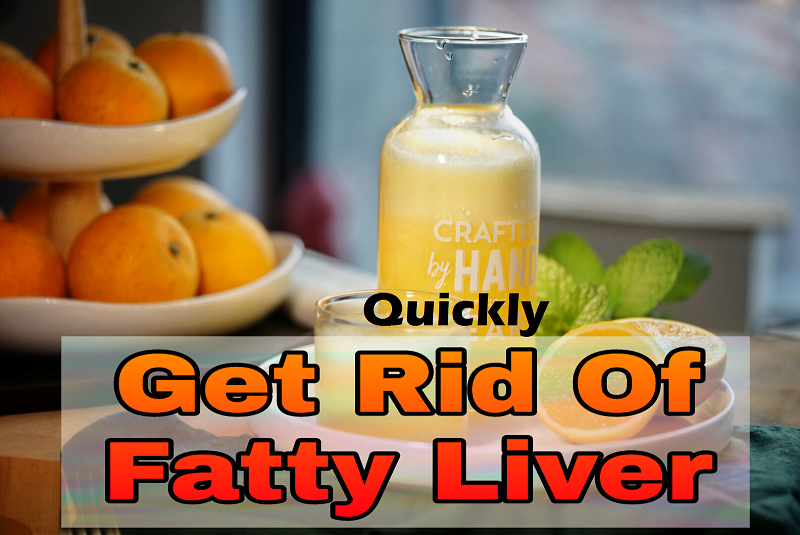Fatty liver disease affects nearly one-third of adults in Kashmir and is one of the leading contributors to liver failure. There are two major types of fatty liver disease — alcohol-induced and nonalcoholic fatty liver disease. Nonalcoholic fatty liver disease is most commonly diagnosed in those who are obese or sedentary and those who eat a highly processed diet.
One of the main ways to treat fatty liver disease, regardless of type, is with diet. As the name suggests, fatty liver disease means you have too much fat in your liver. In a healthy body, the liver helps to remove toxins and produces bile, the digestive protein. Fatty liver disease damages the liver and prevents it from working as well as it should.
In general, the diet for fatty liver disease includes:
- lots of fruits and vegetables
- high-fiber plants like legumes and whole grains
- very little added sugar, salt, trans fat, refined carbohydrates, and saturated fat
- no alcohol
A low-fat, reduced-calorie diet can help you lose weight and reduce the risk of fatty liver disease. Ideally, if you’re overweight, you would aim to lose at least 10 percent of your body weight.
12 foods and drinks that you should eat for a fatty liver
Here are a few foods to include in your healthy liver diet:
1. Coffee to lower abnormal liver enzymes
Studies have shown that coffee drinkers with fatty liver disease have less liver damage than those who don’t drink this caffeinated beverage. Caffeine appears to lower the amount of abnormal liver enzymes of people at risk for liver diseases.
2. Greens to prevent fat buildup
Broccoli is shown to help prevent the buildup of fat in the liver in mice. Eating more greens, like spinach, Brussels sprouts, and kale, can also help with general weight loss. Try the Canadian Liver Foundation’s recipe for vegetarian chili, which lets you cut back on calories without sacrificing flavor.
3. Tofu to reduce fat buildup
A University of Illinois study on rats found that soy protein, which is contained in foods like tofu, may reduce fat buildup in the liver. Plus, tofu is low in fat and high in protein.
4. Fish for inflammation and fat levels
Fatty fish such as salmon, sardines, tuna, and trout are high in omega-3 fatty acids. Omega-3 fatty acids can help improve liver fat levels and bring down inflammation. Try this teriyaki halibut recipe, recommended by the Canadian Liver Foundation, that’s especially low in fat.
5. Oatmeal for energy
Carbohydrates from whole grains like oatmeal give your body energy. Their fiber content also fills you up, which can help you maintain your weight.
6. Walnuts to improve the liver
These nuts are high in omega-3 fatty acids. Research finds that people with fatty liver disease who eat walnuts have improved liver function tests.
7. Avocado to help protect the liver
Avocados are high in healthy fats, and research suggests they contain chemicals that might slow liver damage. They’re also rich in fiber, which can help with weight control. Try this refreshing avocado and mushroom salad from Fatty Liver Diet Review.
8. Milk and other low-fat dairy to protect from damage
Dairy is high in whey protein, which may protect the liver from further damage, according to a 2011 study in rats.
9. Sunflower seeds for antioxidants
These nutty-tasting seeds are high in vitamin E, an antioxidant that may protect the liver from further damage.
10. Olive oil for weight control
This healthy oil is high in omega-3 fatty acids. It’s healthier for cooking than margarine, butter, or shortening. Research finds that olive oil helps to lower liver enzyme levels and control weight. Try this liver-friendly take on a traditional Mexican dish from LiverSupport.com.
11. Garlic to help reduce body weight
This herb not only adds flavor to food, but experimental studies also show that garlic powder supplements may help reduce body weight and fat in people with fatty liver disease.
12. Green tea for less fat absorption
Data supports that green tea can help interfere with fat absorption, but the results aren’t conclusive yet. Researchers are studying whether green tea can reduce fat storage in the liver and improve liver function. But green tea also has many benefits, from lowering cholesterol to aiding with sleep.

